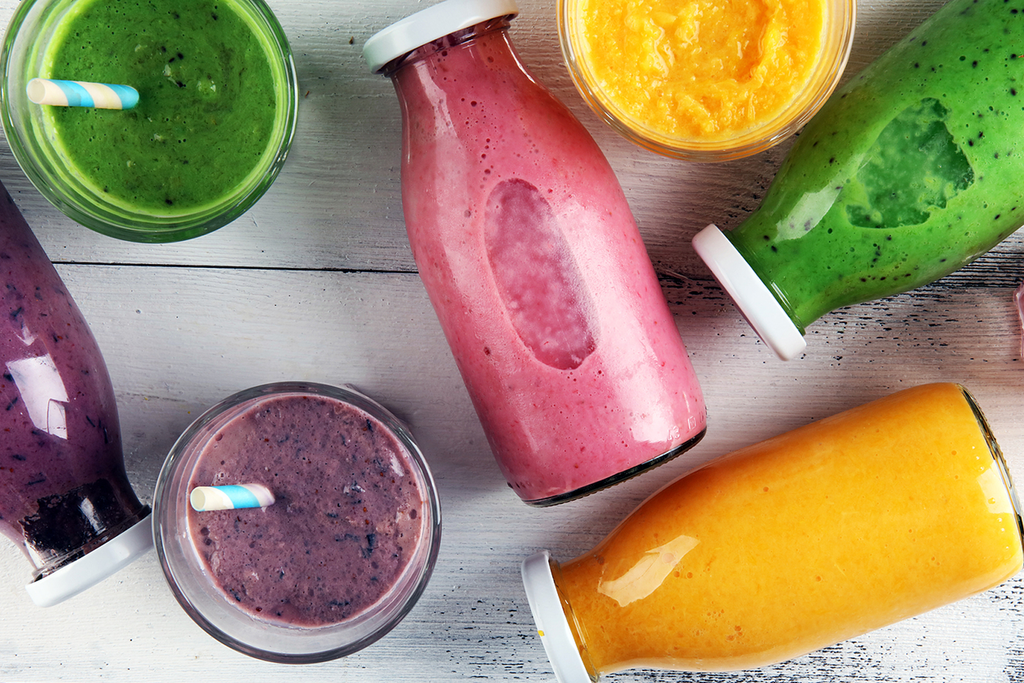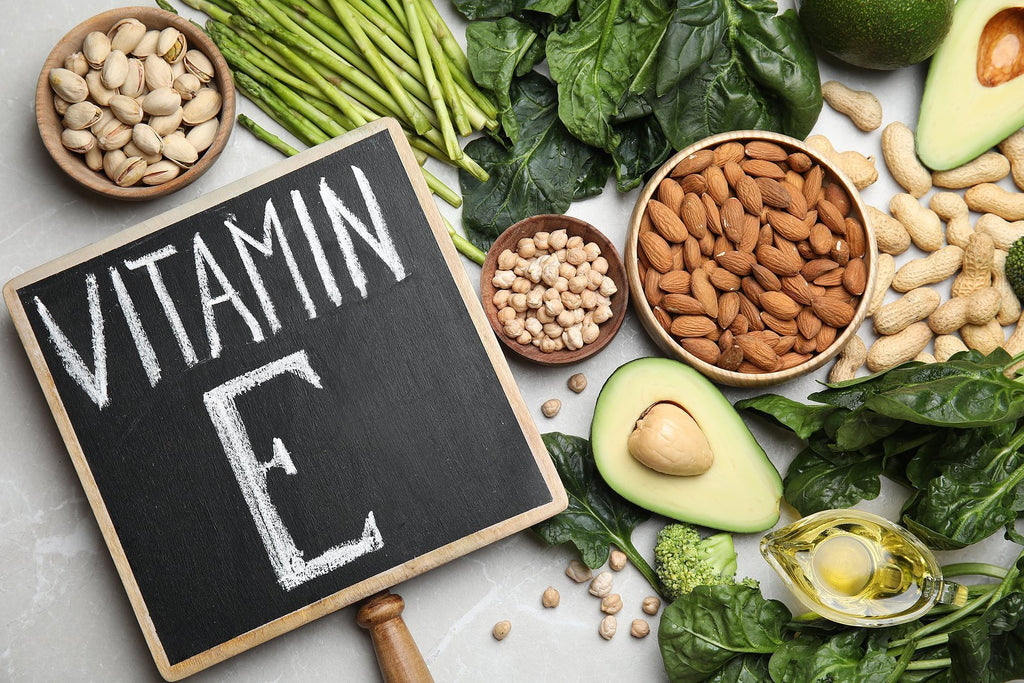How Nutrition Can Preserve and Boost Your Memory
One of the questions I received this week was, “How does my diet affect my memory?”
In this blog, I’ll discuss the strong connection between diet and memory and overall brain function, and then recommend some foods to help you boost your memory.
When ‘Memory Lane’ Gets Shorter
If you’re like most people, you’ve experienced moments of memory loss. For instance, you think you have an answer to something, or you have some piece of information to recall, but you can’t quite get it. Maybe it’s on the tip of your tongue and you just can’t “locate it”. Hopefully, it doesn’t happen to you often. For most people, these kinds of experiences tend to increase with age. But not because of age; there are many people in their eighties and nineties who don’t have such problems.
When these memory lapses do occur, it’s because of problems that take time to develop.
So it’s not normal and it’s not just age. Don’t fall for that. For some people, memory problems can develop early, even in their late twenties or early thirties. For others, it might be later in their forties, fifties, or sixties.
The Good Food News
There’s something you can do about memory troubles, whether your issues are smaller and less worrisome, like the examples above, or whether you’re dealing with a significant memory problem that’s affecting your life significantly.
Many studies have shown the relationship between food and mental function. There is enough quality data to confidently say that eating a healthy diet is the best way to preserve your memory and keep your thinking skills sharp over a lifetime.
It’s easy to go online and find lists of foods that are touted as having brain boosting nutrients. But the real key is not merely to sprinkle some of these brain boosting foods into your diet, between a bag of Doritos and an ice cream sandwich or something like that. I know your diet isn’t that bad, but you get the point.
Improved mental function and better memory will start to happen only when you get your entire diet in order.
Here’s The Cheat Sheet on a Healthy Diet
Eat lots of vegetables. This should be the largest portion of your meal plate. It’s a good idea to eat a variety of colors because that will help you to get a wider variety of nutrients.
Eat lots of healthy fat. You’ll find these fats in fish, grass-fed meat, avocado, pasture-raised eggs, coconut oil, MCT oil, and nuts like pecans and macadamias.
Avoid hydrogenated vegetable and seed oils. You’ll often hear them referred to as trans fats and they’re deadly. Don’t consume trans fats and hydrogenated oils. If you have them in your kitchen, throw them out right away and replace them with healthy oils and fats.
Eat a moderate amount of protein. It’s hard to eat a food that’s a protein without also getting some fat because these two macronutrients are usually together in the food source. For instance, a piece of salmon will contain both protein and fat, so keep that in mind when you’re assigning something to either protein or fat. A lot of times they’re together. The rule here is a moderate amount of protein, which for most people is somewhere between three and six ounces per meal. Now some diets that are promoted out there recommend a lot of protein, which will be problematic if you eat that way over a long period of time.
Consume a small amount of low glycemic fruit. Berries would be one of your best choices in this category.
Foods to avoid… A diet that’s healthy for your brain is low in sugar, low in processed foods, low in starchy carbohydrates, and low in (or free of) grains.
Still Not Convinced?
Here are more reasons to get the junk out of your diet. There are health conditions – diseases – that arise from eating bad food, of which memory loss or impaired mental function are symptoms.
- Forgetfulness is a symptom commonly associated with anxiety or depression.
- There’s a link between diabetes and lowered cognitive function.
- Chronic stress increases the hormone cortisol which can damage the brain and cause memory problems.
- Thyroid diseases, which affect metabolism, often impact memory. If your thyroid is not functioning properly, your memory can be significantly impaired. Get your thyroid checked.
Brain Boosting Foods
- Avocados are high in healthy fat, which is a major brain booster, and support blood sugar levels.
- Blueberries are full of brain protecting antioxidants.
- Beets promote increased blood flow to the brain.
- Sardines, salmon, and trout are high in vitamin B12, a crucial nutrient for brain health.
- Cruciferous vegetables like cauliflower, broccoli, and brussel sprouts – along with dark, leafy greens like kale, chard, and spinach – contain choline and vitamin K, both of which boost cognitive function.
Increase Your Activity
"I have almost finished my first bottle, and I have notice that my cognitive function is definitely better. I'm not struggling to remember words as much, and I seem sharper in general. More surprising, I've noticed my anxiety has gone down lately and I feel much more calm and relaxed. I didn't really put the two together until I happened to read that Memory Boost improves mood on the bottle. It's definitely helping. I'll be buying another bottle."
Jelciu Mikko | ⭐️⭐️⭐️⭐️⭐️
Super Memory Boost
Sharing is Caring
Know Your Body - Know Your Health






